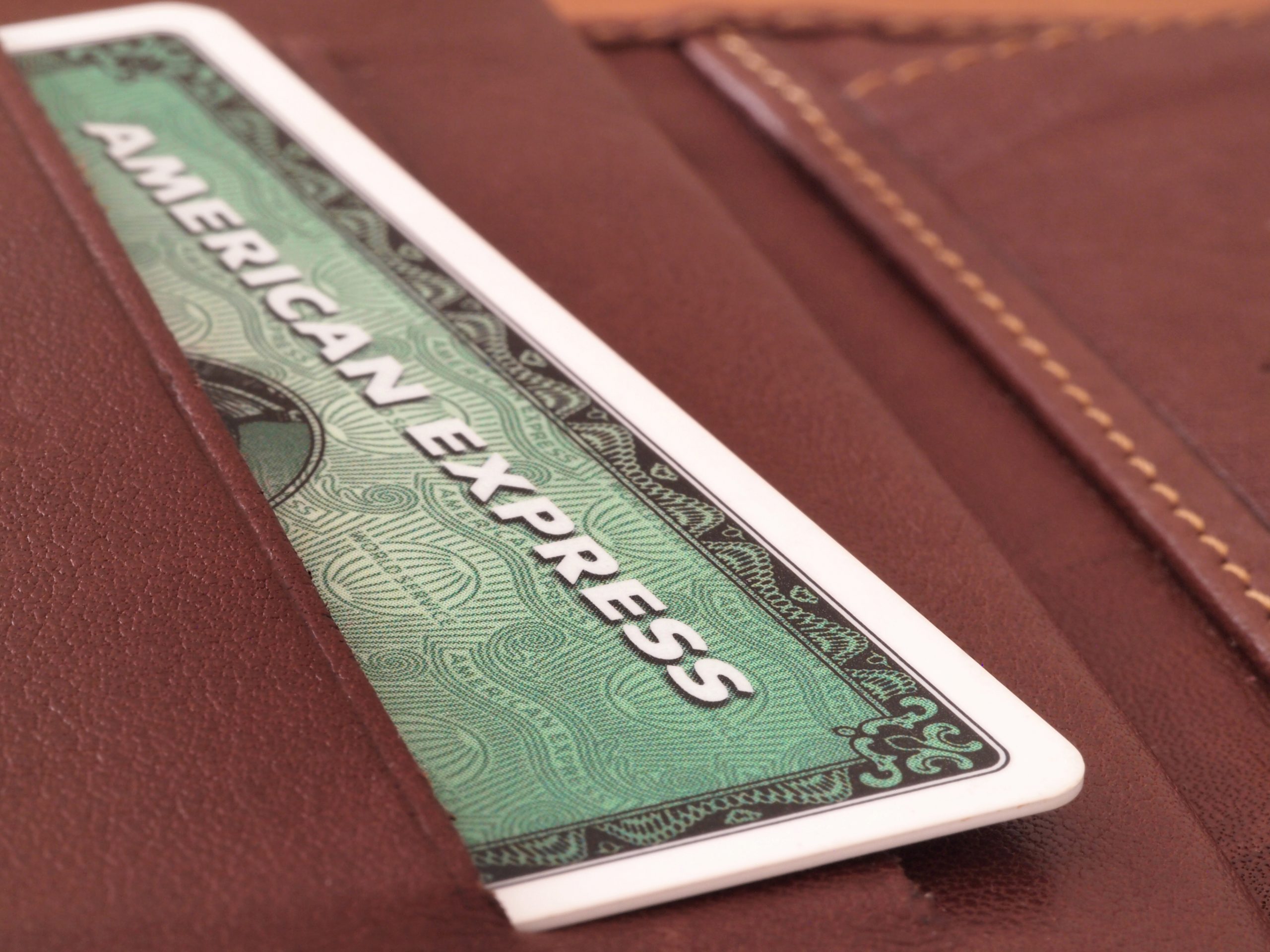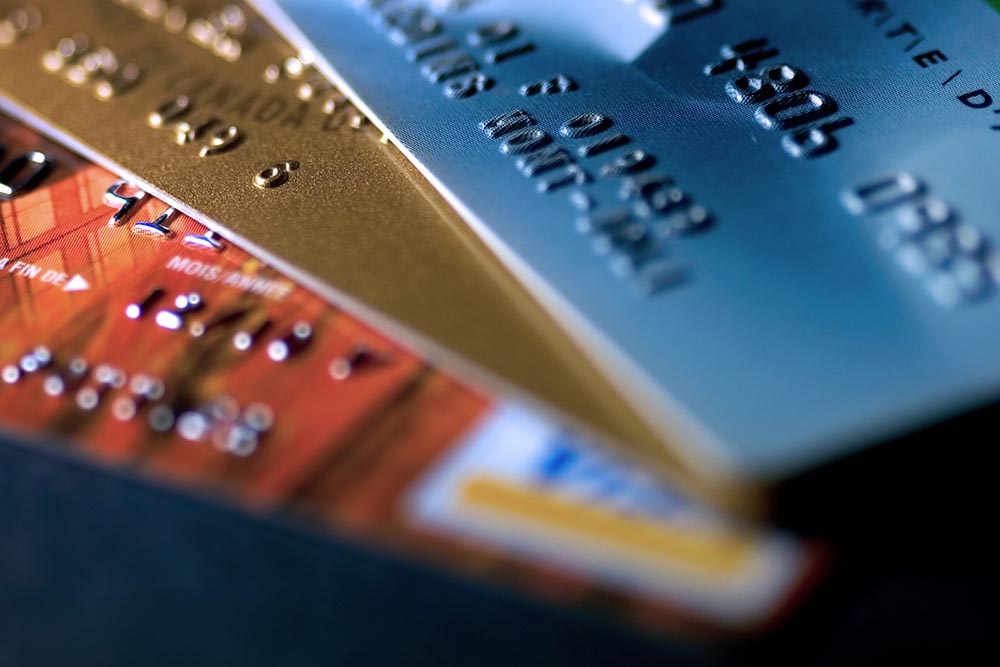Given the current unstable situation and the sizable hit our country’s economy has taken, we thought we would share the top fifteen tried and tested personal finance tips to help you survive the recession. This guide covers everything you need to know about best budgeting practices, effective ways to boost your income, factors that can slow down your getting out of debt, and practical strategies for consistently growing your savings.
1. Track your net worth
Tracking your net worth will help you see the big picture of your entire financial situation. It’s much like visiting a doctor, where diagnosis determines your course of treatment. If you add up all your total assets, including your cash, bank account balances, retirement savings, investments, the value of your assets such as real estate and cars and subtract your total debts, including credit card, mortgage, and auto balances, you arrive at your net worth. It measures what you’re actually worth financially. If your net worth is a negative number, it means you owe more than you own.
There are numerous ways to track your net worth and know what exactly is hurting your financial well being. From pen and paper to digital calculators and apps. If you have a Mint.com account complete with all your bank accounts, credit cards and other loans and asset information, your net worth is calculated automatically at the bottom of the “Accounts” list on the Overview page. It’s free and easy to get started with Mint, and they connect to almost every US financial institution connected to the internet.
2. Check Your Credit Report Regularly
Checking your credit reports and credit score from each of the three credit bureaus every year will help you insure that all your information is correct. It’s important that the information included is accurate and positive because your credit report affects many aspects of your life. By checking your credit report and credit score at least annually, but more regularly if possible, you can also verify that your identity hasn’t been compromised.
3. Have a Written Budget
Your budget is your personal finance plan where you allocate your household’s future income towards expenses, savings and debt repayment–a written plan for how you will spend your money. Creating your annual budget and breaking it down into monthly plans will help you be more disciplined and increase your chances of meeting your financial goals, or lifestyle goals that depend on your finances.
Every person’s financial plan will have a different character to it, not only because our incomes differ, but also because your budget depends on your current lifestyle and future plans.
4. Recession Proof Your Budget by Building Emergency Savings
In its 2016 survey, Bankrate found that 63% of Americans don’t have enough savings to cover even a $500 financial setback, like a burst pipe in their home. Furthermore, the survey showed that only half of higher income respondents (defined as $75,000 or more in annual earnings) have enough cash saved to handle such an emergency. 15 % of respondents said they would use a credit card to pay for the emergency, but turning to credit for overcoming this small setback can easily lead to hurtful long-term financial consequences.
Allocate at least 20% of your income toward financial priorities, such as building up emergency and retirement savings and paying off your debt. Aim at having three to six months of living expenses stored away. This will insure the stability of your financial situation during turbulent times and unforeseen financial emergencies.
5. Pay Your Credit Card Bill in Full Every Month
Credit Shifu has always emphasized the importance of paying off your credit card bills on time every single month. Leaving a balance will not help your credit score and it will also cost an extra 15-25% annually on the balance that you keep. Your credit card company charges interest when you don’t pay your bill in full by the due date every month.
6. Pay off Your Student Loans
According to Newsweek, about 45 million Americans now, together, owe a stunning $1.6 trillion in student debt. Student loan debt is different from other types of debt. If you got an auto loan and can’t afford to make the car payments anymore you can return the car to the dealership and that would be the end of it. This is obviously not the case with student loans. If you have a student loan, you must pay it off because carrying it may impact many areas of your life from buying a home to saving for retirement. There are some exceptions to the rule, for example if you qualify for a forgiveness program for doing public service.
Student loans are also not collateralized and this means that they cannot usually be discharged in bankruptcy and you’re most likely going to be stuck with your student loans until you pay them off.
7. Get Out of Debt ASAP
Debt keeps you from making the most of your money and is a tangible saboteur of your financial security. While most people would say they want to become debt-free, some of them lack the motivation to actually do something systematically and proactively to pay off their debts as soon as possible. There are various strategies to help you get out of your debt, starting with reducing the number of bills you pay. Check out Credit Shifu’s debt story, and how he got out of it.
8. Optimize Your Spending
Optimizing your spendings means stop spending on what you don’t need (didn’t budget for) and, if possible, spending less on what you do need. For example, if you’re a student, optimizing your budget might mean canceling your Hulu subscription, if you already have Netflix. If you’re a homeowner, it might mean investing in solar panel installations to lower your future bills. Some of your spending optimization might pay off immediately. For example, replacing your daily dinner take out with one or two meals a week cooked at home could save you an estimated $40+ a month. If you stick to cooking a little less greasy and over fried meals than your take out options, you will save thousands of dollars on your health care further down the road.
Optimizing your spendings is especially crucial if you have any debts. Go over your list of expenses, look at each item and ask yourself if it will really hurt you if you throw the item away? This simple little exercise also does wonders for tackling impulsive spending, should you have any. Even if these impulsive purchases are only $10 – $30 at a time, if you discipline yourself, they might add up to hundreds of dollars you can save per month. This will help you pay off your debt faster and start recession proofing your personal finances.
9. Project your taxes
Tax planning is one of the most effective ways to save your money every year. If you have a CPA or financial planner, talk to them and ask to run a year-end tax projection for you, identify your opportunities and help meet your challenges. Even without major tax law changes, every year brings smaller amendments to existing provisions that might affect the amount of tax you will owe. Tax planning may help you find ways to save money.
10. Increase Your Income
There are several types of income, the idea is to examine each one and think if there is a way to increase it. If pay raise–the most obvious way–is not within your reach at the moment, is there maybe a passive income strategy you’re not taking advantage of? Passive income is money you earn in a way that requires little effort (or none at all) on a day to day basis. Some most common examples include rental income, affiliate marketing income, dividend stocks, and savings account income.
In this video Credit Shifu gives examples of passive income as well as how much he earns while asleep.
11. Know the Types of Income and How You Pay Taxes on Each
There are three types of income, and understanding how your taxes are calculated will help you decide which income you should make more of. There are:
– Earned income, for example your day-job. Generally speaking, you pay a higher percentage in taxes from active income.
– Portfolio income, for example the income you make from the stock market when your investments go up. This is called capital gains, and if you have held the investment for a year, will typically be taxed at lower rates of 15% to 20%.
– Passive income, for example renting out your apartment or a royalty you receive for a piece of music you composed. This is often also taxed at lower rates.
12. Professional Development and Investing In Your Value as an Employee
When a recession hits, many companies may have to go through downsizing. Continued professional development will help you excel in your area of work, generate an above average expertise and can help you secure your employment even during an economic downturn. As a side benefit, studies show that job satisfaction rises when employees are confident in their ability to do their jobs well.
Think of what type of skills could speed up and better your work results. For example, if you’re a journalist, learning data science might not sound like something that could directly improve your writing style, but knowing where to find relevant data, writing a simple code to process the data, and learning how to analyze it, can advance your writing and provide a competitive advantage on the shrinking job market due to a recession.
13. Don’t Put off Saving for Retirement
Start saving for retirement as soon as possible, even if you’re in your early 20s now, it is never too early to start saving for your retirement. The sooner you start the more you can capitalize on the time advantage: Your money will compound over time and your retirement investments will increase exponentially. You can get even more benefit from the power of compounding with tax-deferral. Your retirement account has the potential to grow faster because the money you would have paid in taxes on earnings each year remains in the account and can earn additional money. The other underlying advantage you get by starting early that is worth mentioning is learning to be financially disciplined.
14. Choose Quality over Quantity
Practicing prioritizing the quality of something over the quantity of what you’re getting may result in lower spending, increase your saving potential and thus recession proof your finances. Buying quality items also has long-term money saving advantages. You will most likely have to spend much less on the service and maintenance of the items and high quality items have a much longer lifespan as well.
15. Develop Supportive Money Habits
You might be very motivated to pay off your debt as soon as you can, but once it’s done you might find yourself in a situation where you want to splurge here and there before starting to save. Actively developing supportive money habits can help you achieve your goals even at times when your motivation wears off. If you can implement supportive money habits, you are bound to become more financially secure and less prone to be affected by any economic recessions.
*****
These are our top fifteen personal finances tips that can help you survive a country’s weak economy due to any unforeseen circumstances.You can implement all of them for the fastest results or pick a few that are most to your liking to start out with. Even if you make use of only four or five of the above described tips, your financial security will already visibly improve by the same time next month.









